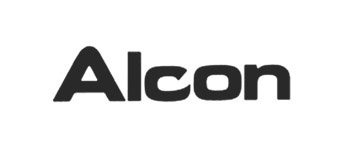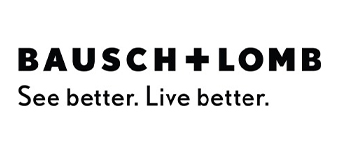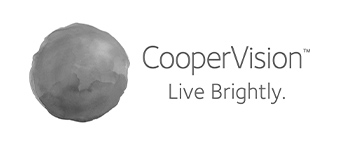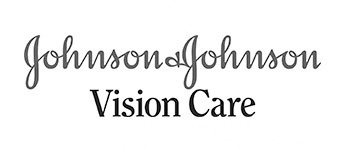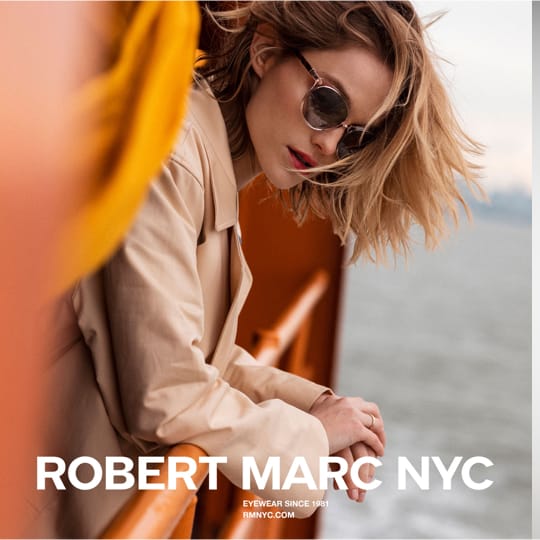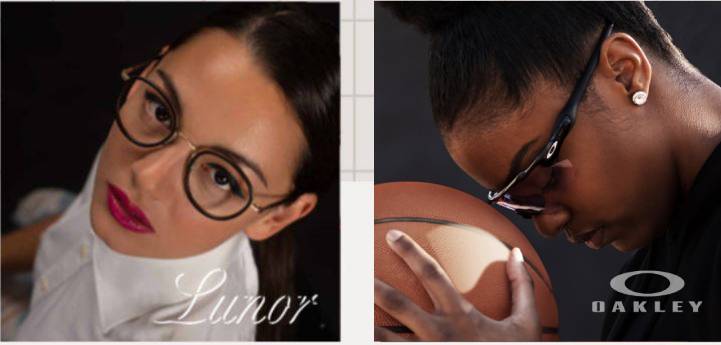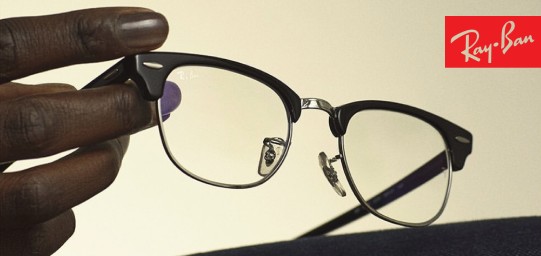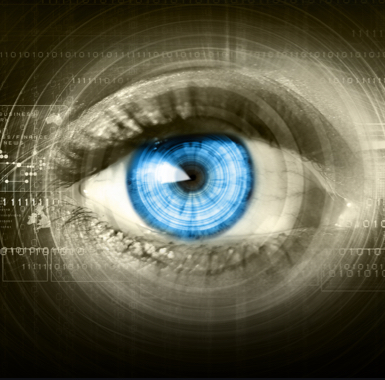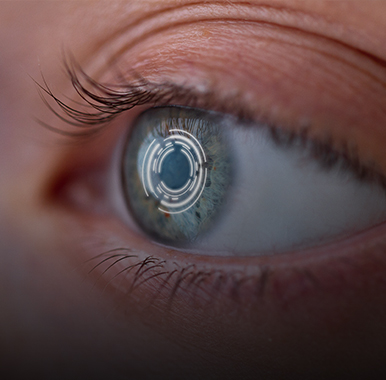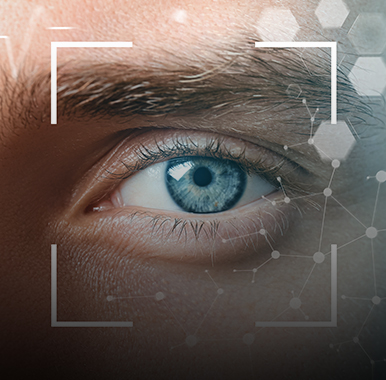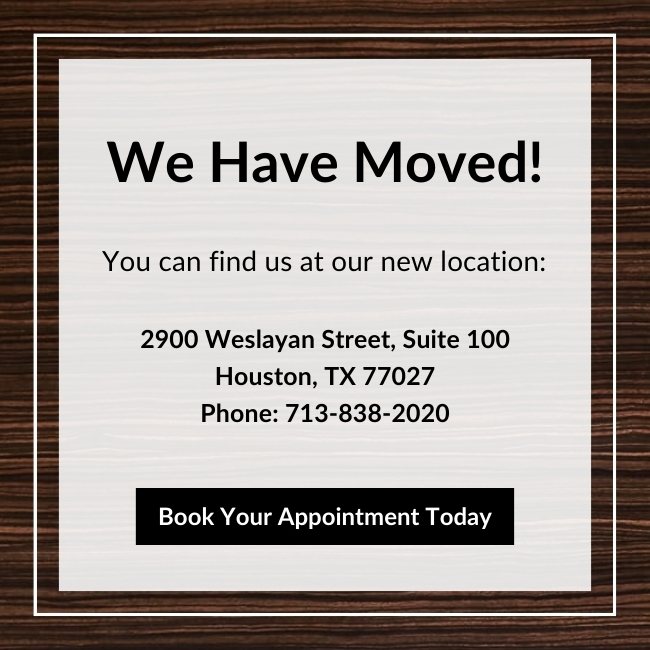Comfort & Clarity Without the Bulk
Contact lenses are small high-tech plastic membranes worn directly on the eye’s surface to provide crisp, clear vision. Over 45 million Americans use contact lenses as their primary way to improve vision. New innovations in material and design have made contact lenses more comfortable and easier to wear than ever before, making it an easy choice for individuals that require vision correction.

